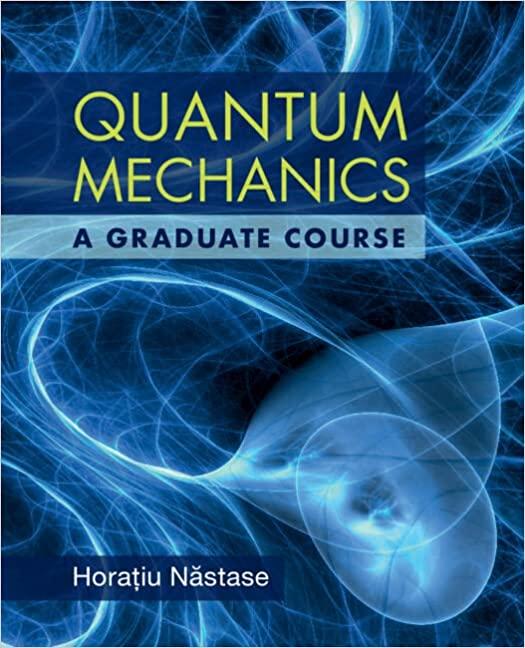In quantum cosmology, one can define a wave function of the Universe (Psi[a(t)]), whose variable is the
Question:
In quantum cosmology, one can define a "wave function of the Universe" \(\Psi[a(t)]\), whose variable is the expanding scale factor of the Universe, \(a(t)\), and which satisfies a general relativity (Einstein) version of the Schrödinger equation, called the Wheeler-DeWitt equation. Yet in the Copenhagen interpretation of quantum mechanics, there is only one "experiment" (our expanding Universe, since our Big Bang) that we can see, and no "outside observer". How would you slightly extend this interpretation to make sense of the results of the Wheeler-DeWitt equation (there is much debate, so there is no unique good answer to this question at present)?
Fantastic news! We've Found the answer you've been seeking!
Step by Step Answer:
Related Book For 

Question Posted:





